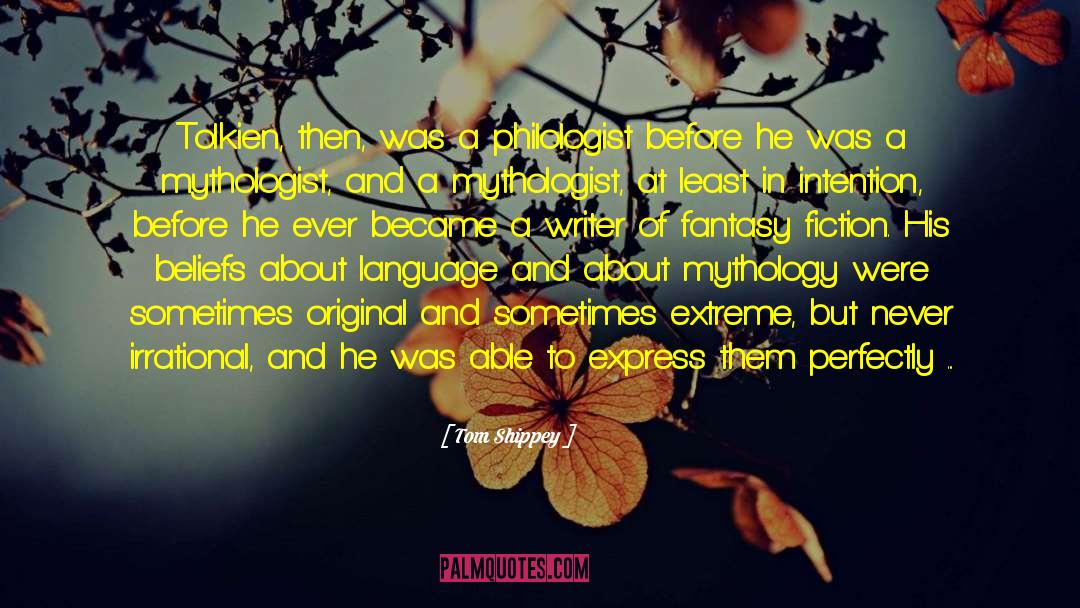Tom Shippey Famous Quotes
Reading Tom Shippey quotes, download and share images of famous quotes by Tom Shippey. Righ click to see or save pictures of Tom Shippey quotes that you can use as your wallpaper for free.
While persistence offers no guarantees, it does give 'luck' a chance to operate.

Our reading can affect our imaginations in ways of which we are not consciously aware. It is quite common ... to re-read something after a gap of many years and realize that it has been there all along, without any memory of where it was first encountered. But it may have been working away all the time.
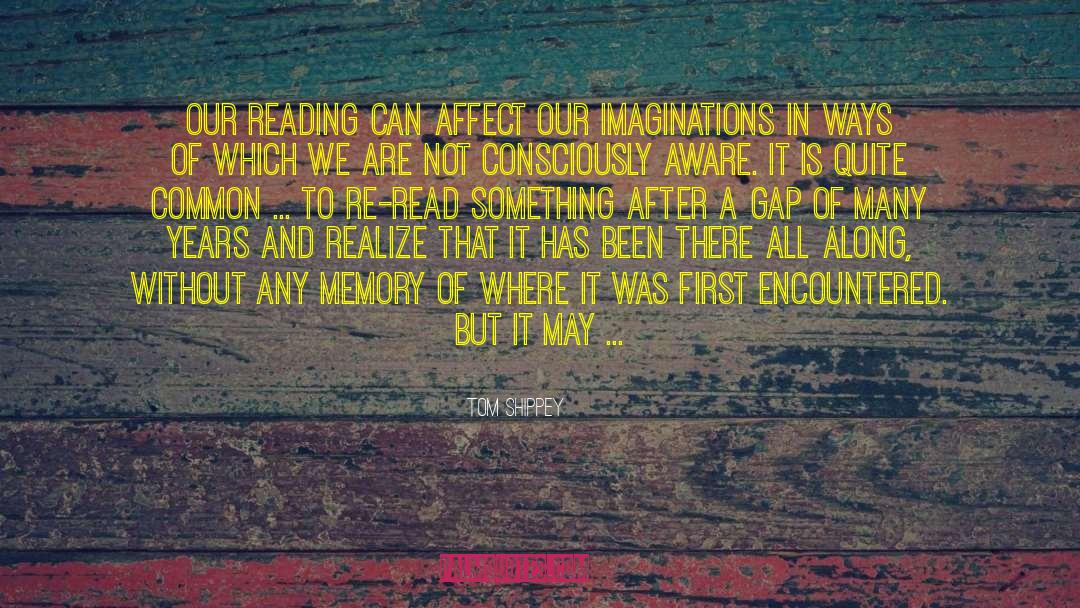
The Two Towers especially, and the first part of The Return of the King, have a structure reminiscent on a large scale of 'The Council of Elrond' on a small one. The word that describes the structure is 'interlace'. Tolkien certainly knew the word, for it has become a commonplace of Beowulf-criticism, but he may not have liked it much: it is associated also with the structure of French prose romance, in which he took little interest. However, Tolkien certainly also knew that the Icelandic word for a short story is a Þáttr, literally a thread. One could say that several Þaettir, or threads, twisted round each other, make up a saga; and Gandalf comes close to saying something like that when he says to Théoden, 'There are children in your land who, out of the twisted threads of story, could pick the answer to your question' (my emphasis). Tolkien may have felt that there had been all along a native version of the French technique of entrelacement, even if we no longer know the native word for it. But word, or no word, he was going to do it.
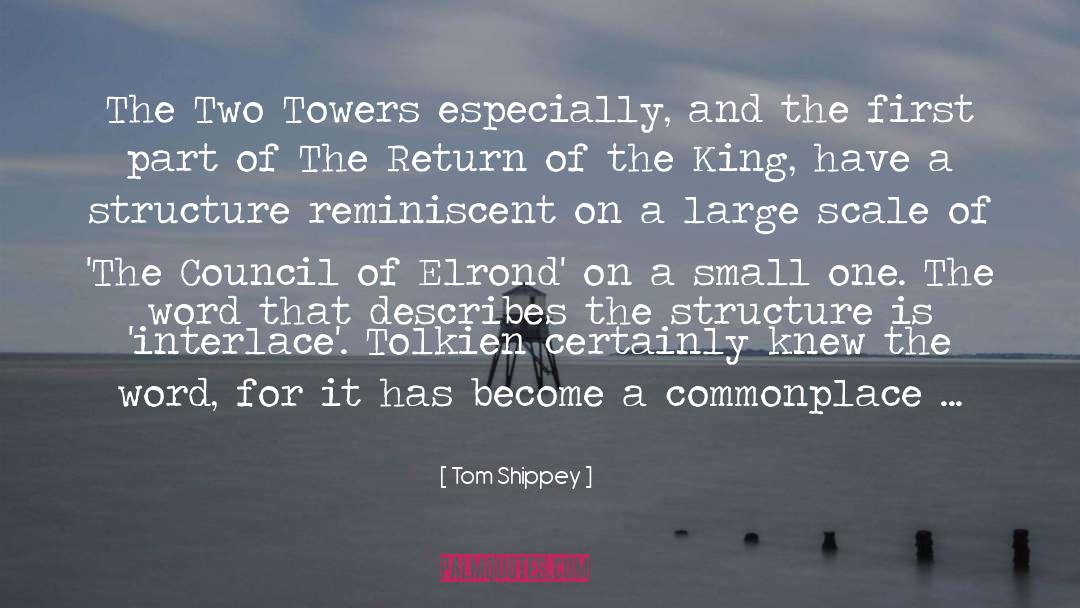
Many sci-fi authors, we know, are as clever and tricky as so many Coyotes. Ms. Le Guin, though, has matured from the vividness and imagination she had from the beginning into wisdom and a clearsightedness that reaches past sympathy.
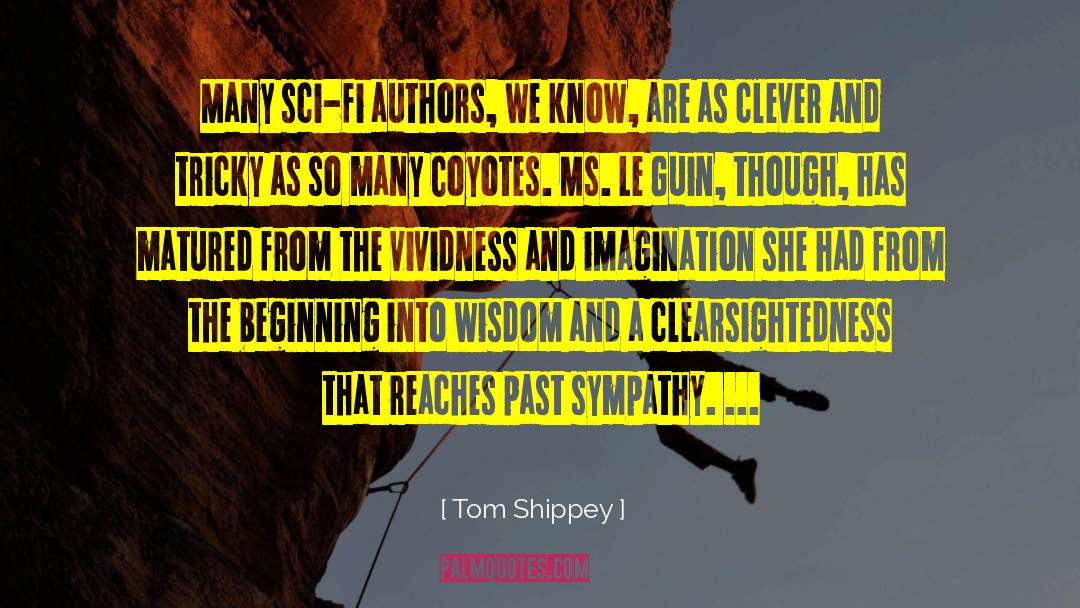
For Tolkien's taste there were too few dragons in ancient literature, indeed by his count only three – the Miðgarðsorm or 'Worm of Middle-earth' which was to destroy the god Thor at Ragnarök, the Norse Doomsday; the dragon which Beowulf fights and kills at the cost of his own life; and Fafnir, who is killed by the Norse hero Sigurd.
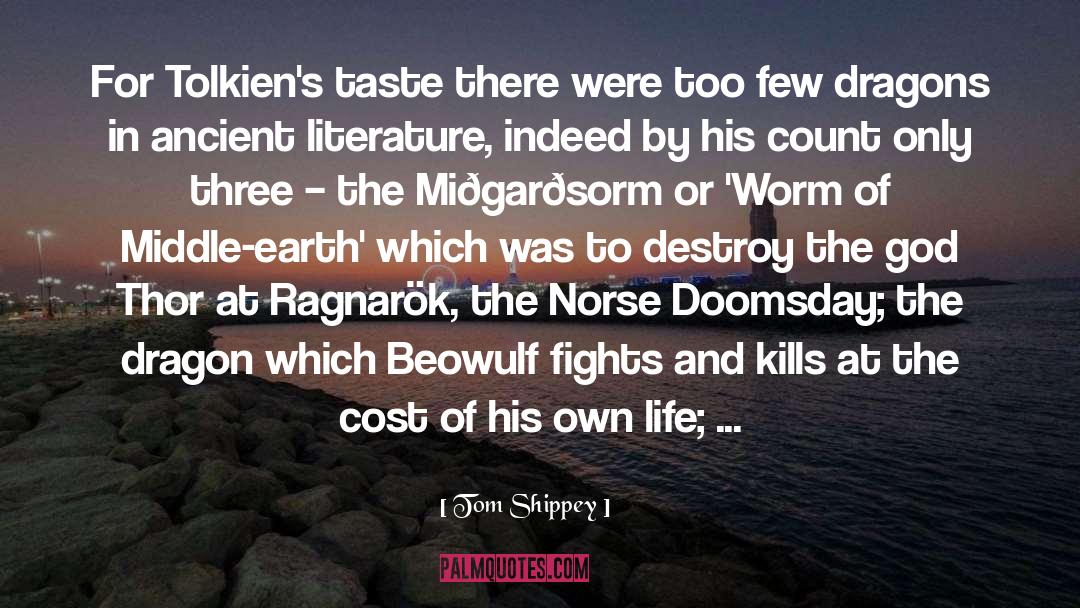
The dominant literary mode of the twentieth century has been the fantastic. This may appear a surprising claim, which would not have seemed even remotely
conceivable at the start of the century and which is bound to encounter fierce resistance even now. However, when the time comes to look back at the century, it seems very likely that future literary historians, detached from the squabbles of our present, will see as its most representative and distinctive works books like J.R.R. Tolkien's The Lord of the Rings, and also George Orwell's Nineteen Eighty-Four and Animal Farm, William Golding's Lord of the Flies and The Inheritors, Kurt Vonnegut's Slaughterhouse-Five and Cat's Cradle, Ursula Le Guin's The Left Hand of Darkness and The Dispossessed, Thomas Pynchon's The Crying of Lot-49 and Gravity's Rainbow. The list could readily be extended, back to the late nineteenth century with H.G. Wells's The Island of Dr Moreau and The War of the Worlds, and up to writers currently active like Stephen R. Donaldson and George R.R. Martin. It could take in authors as different, not to say opposed, as Kingsley and Martin Amis, Anthony Burgess, Stephen King, Terry Pratchett, Don DeLillo, and Julian Barnes. By the end of the century, even authors deeply committed to the realist novel have often found themselves unable to resist the gravitational pull of the fantastic as a literary mode.
This is not the same, one should note, as fantasy as a literary genre – of the authors l
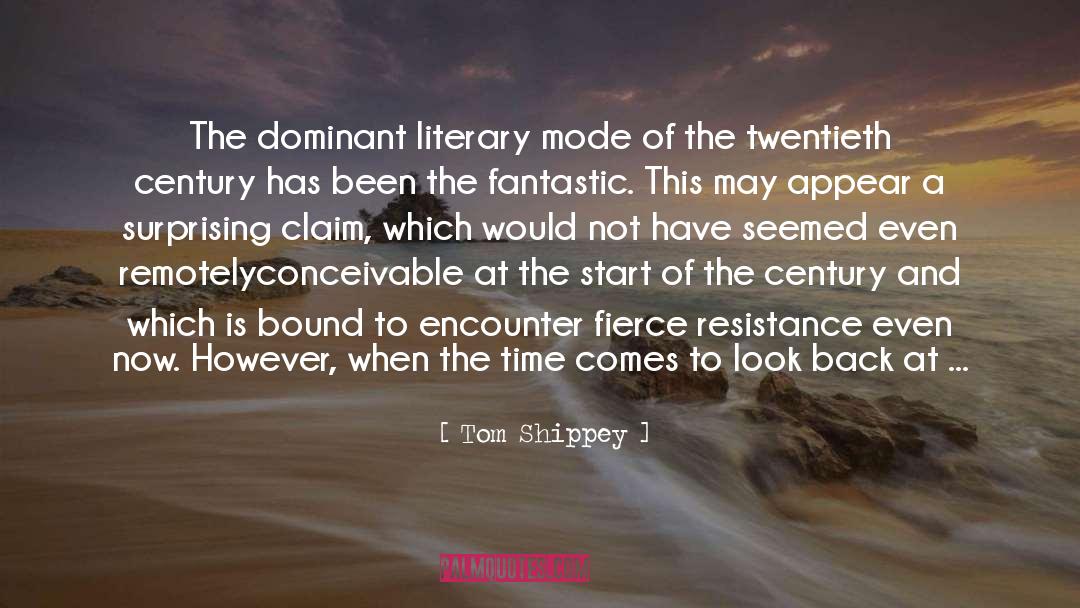
Tolkien, then, was a philologist before he was a mythologist, and a mythologist, at least in intention, before he ever became a writer of fantasy fiction. His beliefs about language and about mythology were sometimes original and sometimes extreme, but never irrational, and he was able to express them perfectly clearly. In the end he decided to express them not through abstract argument, but by demonstration, and the success of the demonstration has gone a long way to showing that he did often have a point: especially in his belief, which I share, that a taste for philology, for the history of language in all its forms, names and place-names included, is much more widespread in the population at large than educators and arbiters of taste like to think. In his 1959 'Valedictory Address to the University of Oxford' (reprinted in Essays, pp. 224-40), Tolkien concluded that the problem lay not with the philologists nor with those they taught but with what he called 'misologists' – haters of the word. There would be no harm in them if they simply concluded language study was not for them, out of dullness or ignorance. But what he felt, Tolkien said, was:
"grievance that certain professional persons should suppose their dullness and ignorance to be a human norm; and anger when they have sought to impose the limitation of their minds upon younger minds, dissuading those with philological curiosity from their bent, encouraging those without this interest to believe that
